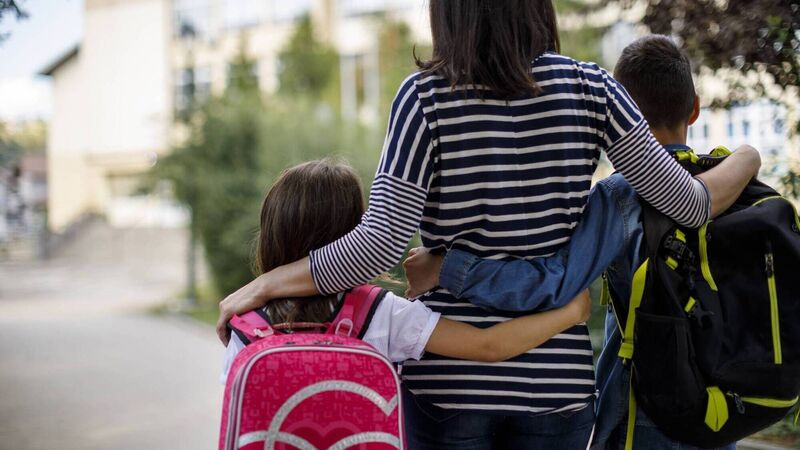'We’re shouting for the children in our care': Back-to-school anxiety is not just for the kids

There’s been an increase in the numbers of both adults and children presenting to mental health services since the pandemic started, according to clinical psychologist Dr Vincent McDarby.
“Oh, I can’t have her at home again. I cried at Christmas when they said they were keeping the schools closed,” says Sarah McCrann, 43, whose daughter is starting Senior Infants.
“I’m looking forward to her going back to school – I just want it to be without risking her lifetime health.”







